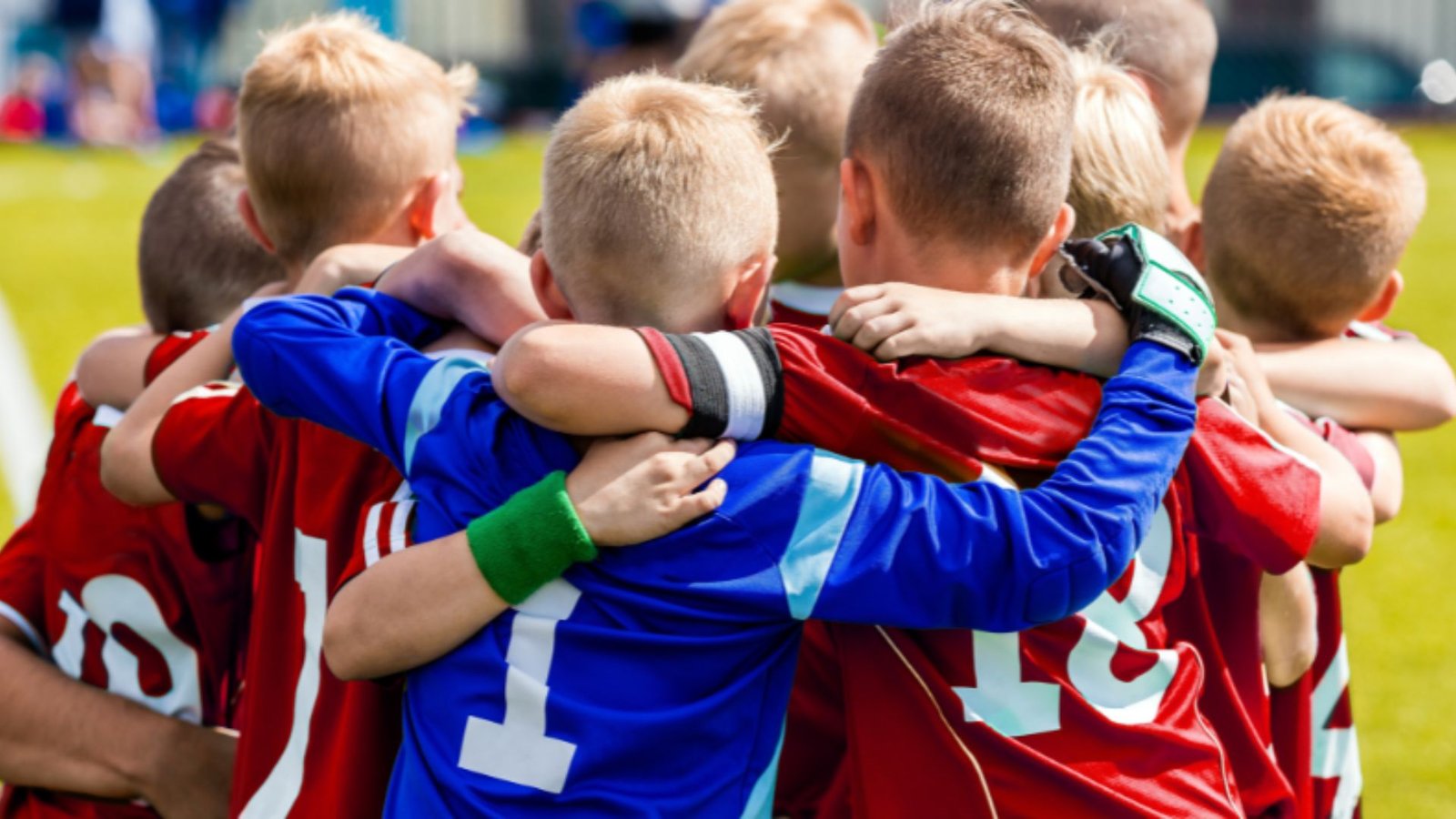Sports play a vital role in the development of children’s confidence. Participating in sports can significantly enhance a child’s self-esteem, social skills, and overall sense of achievement. Here’s how engaging in sports contributes to building confidence in children and why it is essential for their growth.

Developing Self-Esteem Through Achievement
Sports provide children with opportunities to achieve personal and team goals, which can boost their self-esteem.
- Skill Mastery: As children practice and improve their skills, they gain a sense of accomplishment. Mastering a new skill or improving performance can greatly enhance their confidence in their abilities.
- Goal Setting: Setting and achieving goals in sports helps children experience success. Whether it’s scoring a point, mastering a technique, or completing a race, these achievements build a sense of pride and self-worth.
Enhancing Social Skills and Teamwork
Participating in sports teaches children important social skills and how to work effectively in a team, which can enhance their confidence.
- Teamwork: Sports often involve working together towards a common goal. Learning to collaborate, communicate, and support teammates helps children build strong social connections and feel valued within a group.
- Leadership and Responsibility: Sports can offer children leadership opportunities, such as being a team captain or leading a drill. These roles help them develop a sense of responsibility and confidence in their ability to lead others.
Building Resilience and Handling Failure
Sports teach children how to handle both success and failure, which is crucial for building resilience and self-confidence.
- Coping with Loss: Experiencing defeat in sports helps children learn to handle setbacks and understand that failure is a part of the learning process. Developing resilience helps them maintain confidence even when things don’t go as planned.
- Persistence: The persistence required to improve in sports helps children understand that effort and determination lead to progress. This realization can boost their confidence in their ability to overcome challenges in other areas of life.
Encouraging a Positive Body Image
Engaging in sports promotes physical fitness and helps children develop a positive body image.
- Physical Activity: Regular physical activity improves overall health and fitness, which can enhance self-image. Children who are active and enjoy their sports often feel better about their bodies and their physical abilities.
- Appreciating Strengths: Sports help children appreciate their physical strengths and abilities. Learning to value what their bodies can do rather than focusing on appearance fosters a positive body image.
Fostering Independence and Self-Reliance
Sports encourage children to take initiative and make decisions independently, which boosts their confidence and self-reliance.
- Decision Making: In many sports, children must make quick decisions and solve problems on their own. This autonomy helps them develop confidence in their judgment and decision-making abilities.
- Self-Management: Managing practice schedules, setting personal goals, and balancing sports with other responsibilities teach children valuable life skills that build confidence in their ability to manage their own lives.
Building Friendships and Support Networks
Participating in sports helps children form friendships and build support networks, which can contribute to their overall confidence.
- Social Connections: Sports provide opportunities for children to meet peers with similar interests, fostering friendships and a sense of belonging. Positive social interactions can enhance their self-esteem and confidence.
- Supportive Environment: Being part of a team or sports community offers emotional support and encouragement. This supportive environment helps children feel valued and boosts their confidence.
Providing Opportunities for Recognition
Recognition for achievements in sports, whether through awards, praise, or positive feedback, reinforces a child’s sense of accomplishment and confidence.
- Awards and Recognition: Receiving awards or being acknowledged for their efforts can provide a significant boost to a child’s self-confidence. Celebrating successes, big or small, reinforces their belief in their abilities.
- Positive Feedback: Encouragement and positive reinforcement from coaches, teammates, and parents validate a child’s efforts and achievements, helping to build their self-esteem.
Encouraging Lifelong Confidence
The confidence gained through sports can extend beyond the playing field and influence various aspects of a child’s life.
- Academic Confidence: Skills learned in sports, such as goal setting, perseverance, and teamwork, can translate to academic success and confidence in school.
- Personal Growth: The confidence developed through sports can contribute to personal growth and a positive self-image, impacting future endeavors and challenges.
Conclusion
Sports play a crucial role in building confidence in children by providing opportunities for achievement, social interaction, resilience, and personal growth. Through mastering skills, working as a team, handling failure, and receiving recognition, children develop a strong sense of self-worth and confidence. Encouraging participation in sports can have lasting positive effects on their self-esteem, social skills, and overall well-being, helping them to thrive both on and off the field.

